Laboratory Kneader | JCT Machinery
 Nov 17,2023
Nov 17,2023

 JCT
JCT
Laboratory kneader, often referred to as a laboratory sigma mixer or simply a lab kneader, is a smaller-scale version of the industrial sigma or sigma-blade mixer.
Laboratory kneader is designed for laboratory or research and development purposes, allowing scientists and researchers to test and experiment with various materials on a smaller scale before scaling up to industrial production. The sigma mixer is particularly useful for the mixing, kneading, and homogenization of high-viscosity materials.
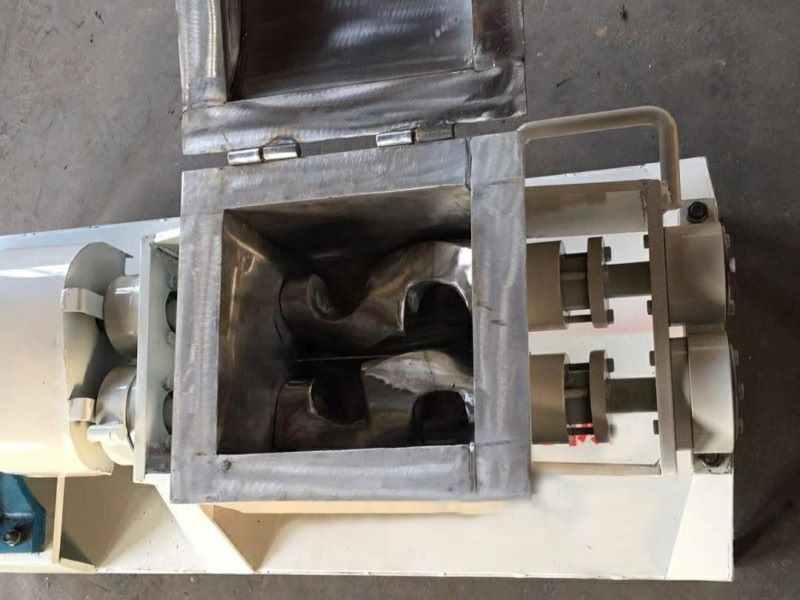
Features of Laboratory Kneader
1. Size
Laboratory kneader is compact and designed for use in a laboratory setting. It is smaller in size compared to its industrial counterpart.
2. Sigma blades
Like industrial sigma mixer, laboratory kneader is equipped with ∑-shaped blades that rotate, providing a kneading and mixing action.
3. Controlled environment
Laboratory kneader is often operated in controlled environments, allowing researchers to precisely control parameters such as mixing speed, temperature and processing time.
4. Batch processing
Laboratory kneader is typically used for batch processing, enabling researchers to experiment with different formulations and materials on a small scale.
5. Material testing
Laboratory kneader is used for testing the behavior of materials under different mixing conditions. This is crucial for understanding the rheological properties and optimizing the mixing process before moving to larger-scale production.
6. Ease of cleaning
Laboratory kneader is designed for easy cleaning between batches, allowing researchers to switch between different materials without cross-contamination.
7. Safety features
Safety features are often incorporated into laboratory kneaders to ensure the protection of users during experiments.


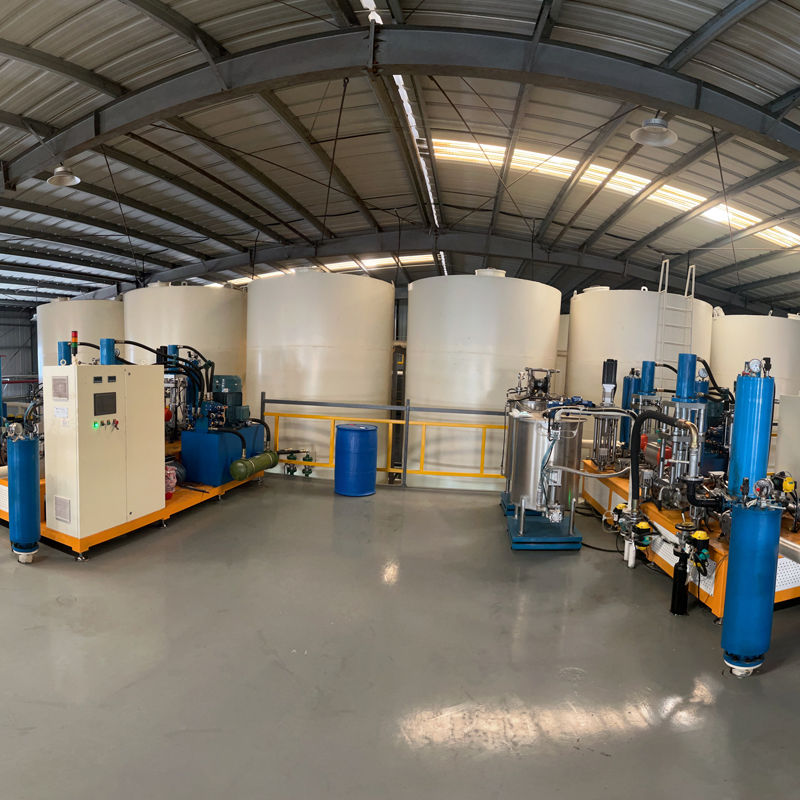
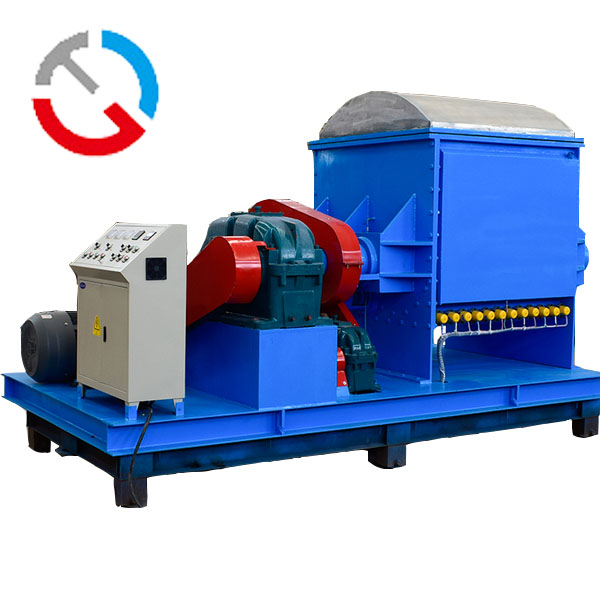
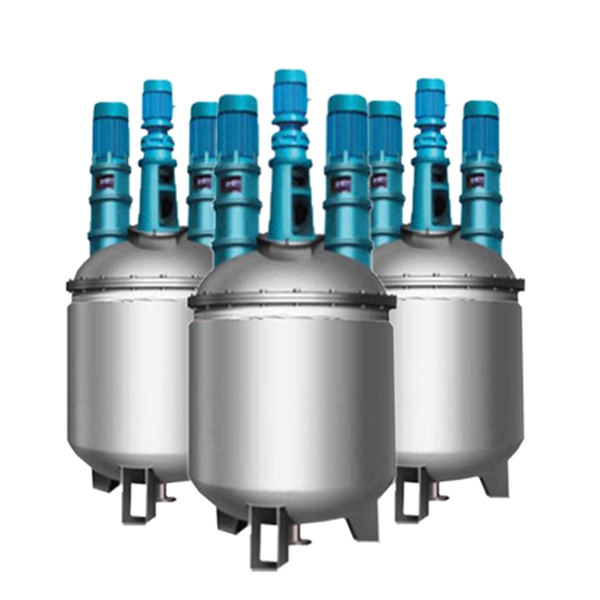

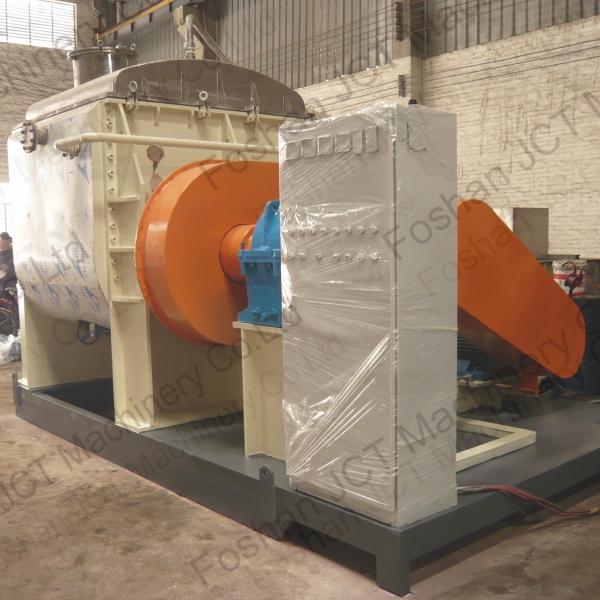
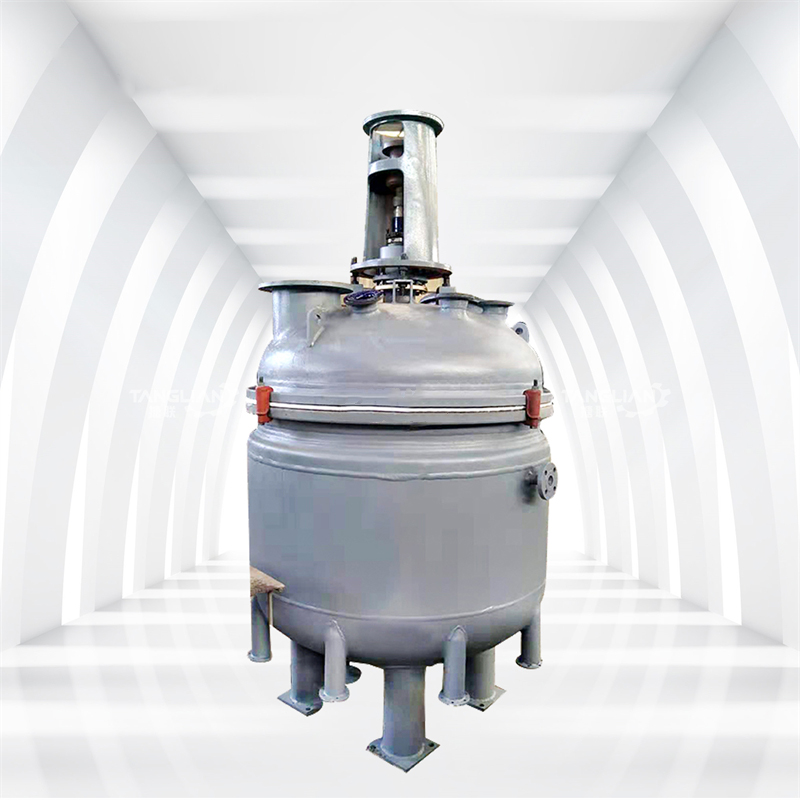
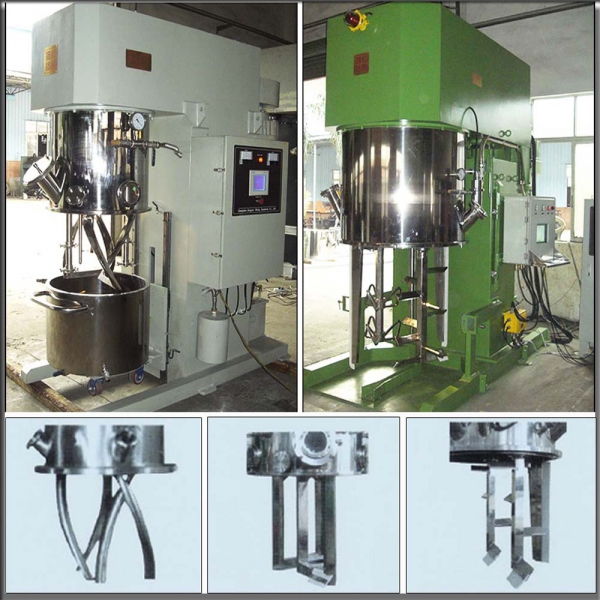






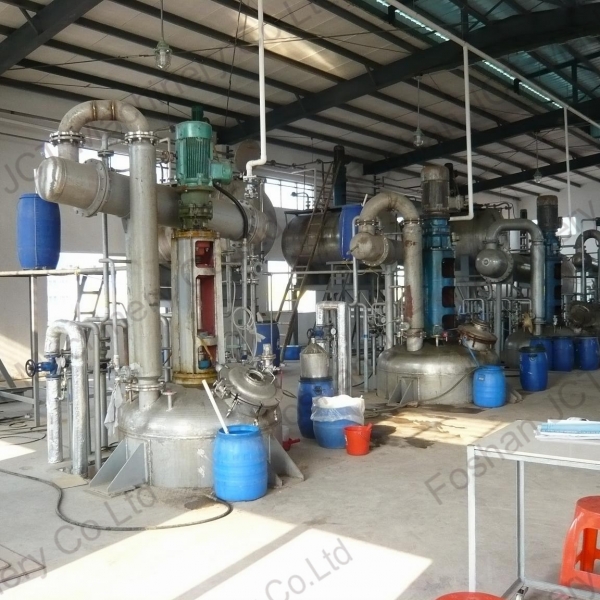

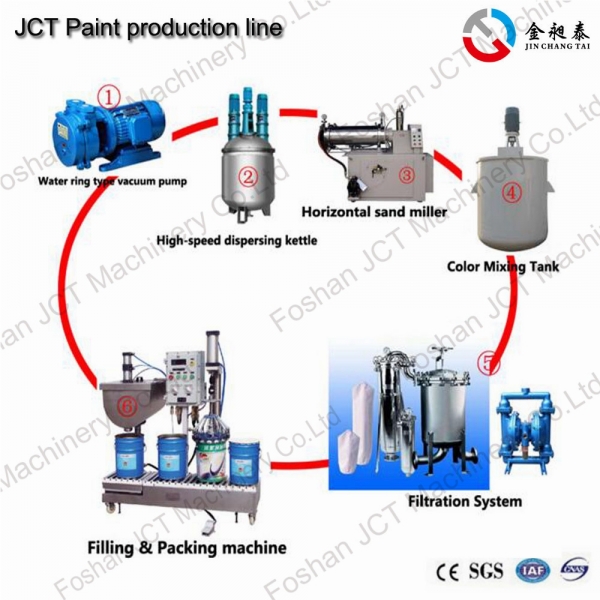

 CN
CN
 HOME
HOME High Speed Disperser For Coating | JCT Machinery
High Speed Disperser For Coating | JCT Machinery  You May Also Like
You May Also Like


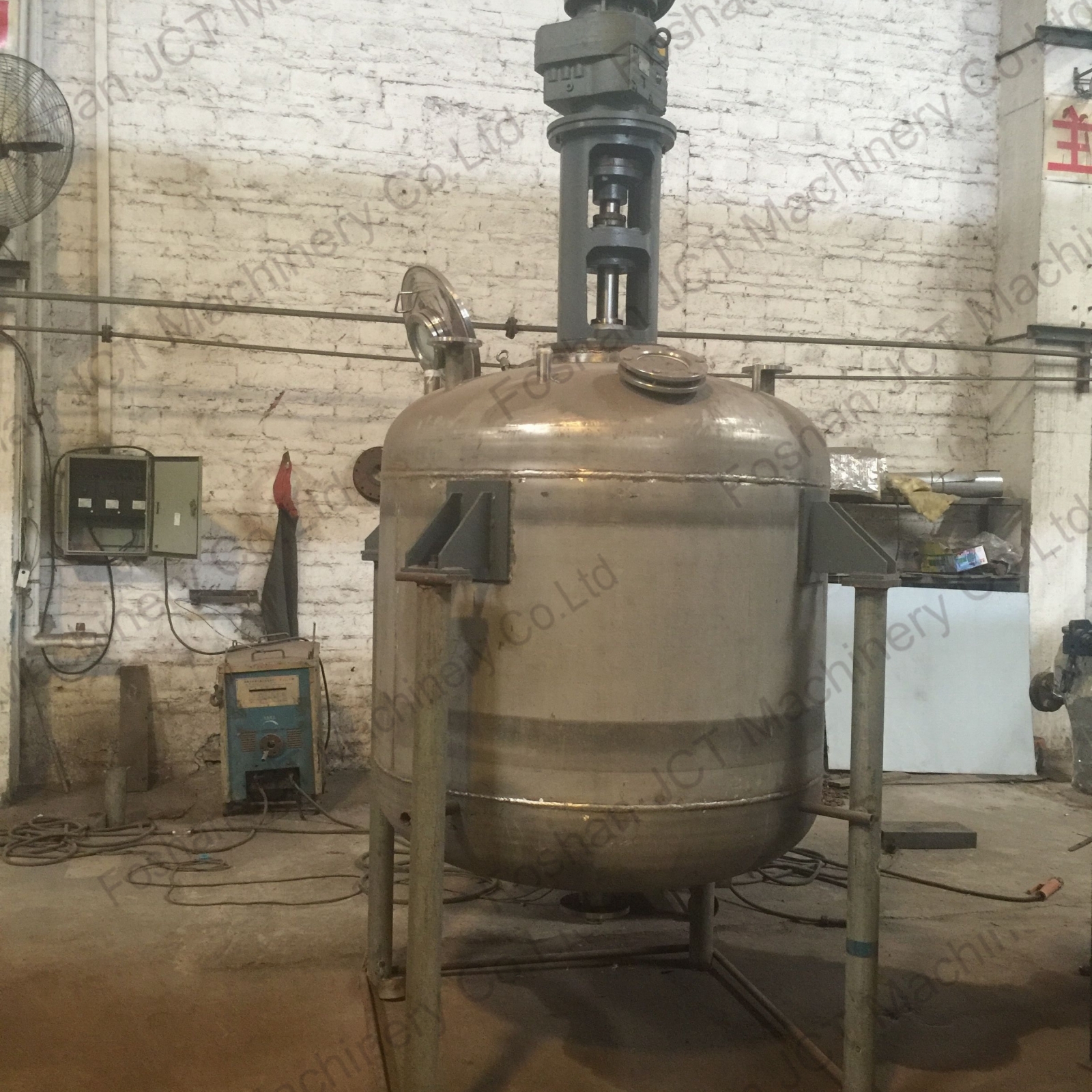

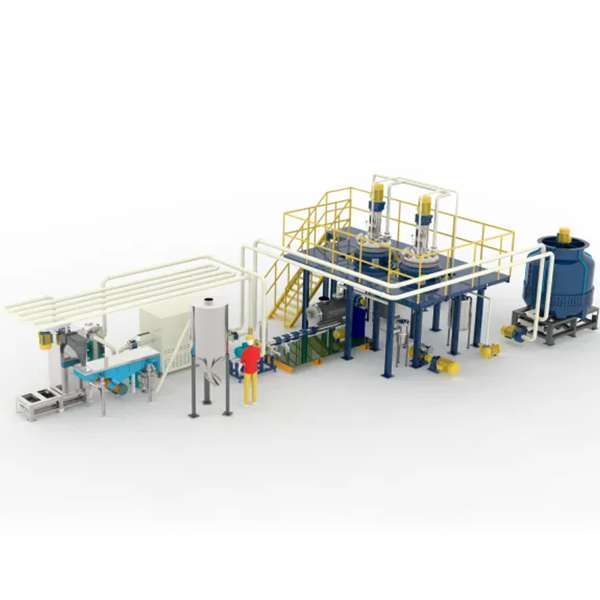

 Tel
Tel
 Email
Email
 Address
Address










